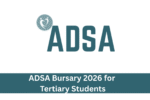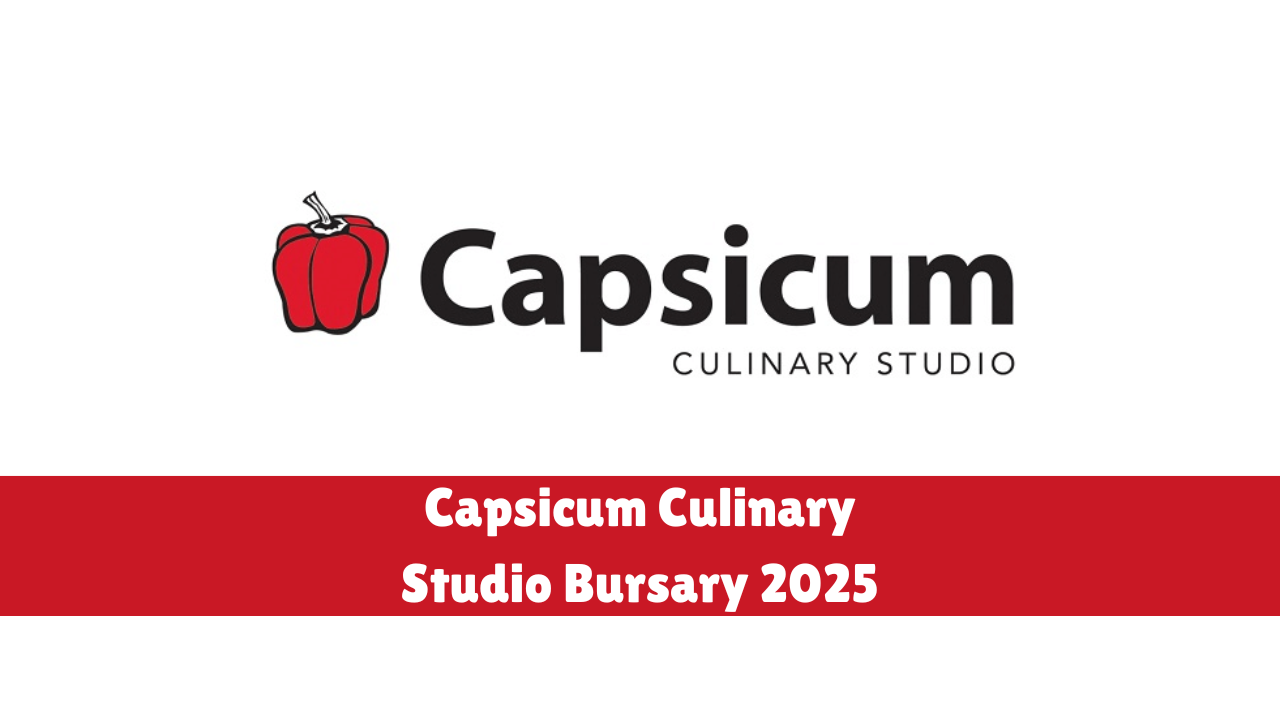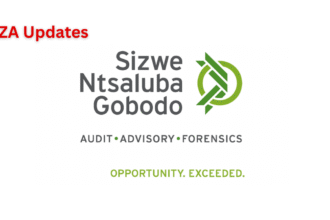How To Find Bursaries For Any Field Of Study. Whether you’re a Matric student, a university undergraduate, or an adult pursuing a career change, there’s likely a bursary opportunity tailored for your field. The real challenge lies in knowing where and how to look. Fortunately, South Africa has a wide range of bursary sources from government departments and SETAs to corporate sponsors and educational institutions.
This expert guide will walk you through how to find bursaries for any field of study, offering insider strategies, real-life examples, and tips to increase your chances of funding success.
Why Knowing How to Find Bursaries Matters
With tuition costs on the rise and financial aid resources stretched thin, being proactive about bursary applications is more important than ever. The good news is that thousands of bursaries are awarded each year across all major study fields from engineering and medicine to arts and IT.
Knowing where to search, how to apply, and what to prepare is the key to unlocking these financial opportunities.
6 Best Ways to Find Bursaries by Field of Study
Let’s explore the six most effective ways to locate bursaries according to your intended area of study.
1. Use Dedicated Bursary Websites
There are many trusted South African bursary portals that allow you to search and filter bursaries by:
| Filter Option | Examples |
|---|---|
| Field of Study | Engineering, Nursing, IT, Agriculture |
| Province | Gauteng, KwaZulu-Natal, Western Cape |
| Academic Performance | Matric pass rate or university marks |
| Financial Need | Household income brackets |
| Race / Gender / Disability | BBBEE, youth, women, people with disabilities |
2. Apply Directly to Companies in Your Industry
Most large organisations run bursary programmes to build talent pipelines. These are often sector-specific bursaries, especially for in-demand skills.
Examples of Company-Sponsored Bursaries by Field:
| Field | Companies Offering Bursaries |
|---|---|
| Engineering | Eskom, Transnet, Sasol, Aurecon, Denel |
| Health/Medicine | Netcare, MediClinic, Department of Health, Life Healthcare |
| Information Technology | Vodacom, Amazon, Telkom, Microsoft SA |
| Accounting & Finance | SAICA, PwC, Deloitte, Nedbank, KPMG |
| Agriculture | AGRISETA, Sappi, AFGRI, Department of Agriculture |
Visit their official websites and explore the “Careers” or “Education Funding” sections.
Note: These bursaries often come with work-back agreements after graduation, giving you both funding and employment security.
3. Explore Opportunities from SETAs (Sector Education and Training Authorities)
South Africa has 21 SETAs, each aligned with specific industries. SETAs offer bursaries, learnerships, and internships designed to upskill learners in targeted sectors.
| Field | SETA Name |
|---|---|
| Construction | CETA |
| Chemical Industries | CHIETA |
| Manufacturing & Engineering | MERSETA |
| Finance & Accounting | FASSET |
| Media & Communications | MICT SETA |
| Education & Training | ETDP SETA |
To apply, visit www.dhet.gov.za or search “[Your Field] + SETA bursary 2025” on Google.
4. Use University Financial Aid and Career Services
Every university has a Financial Aid Office (FAO) and a Career Services Department that can help match you with relevant bursaries. Some of these are field-specific or offered through individual faculties.
Ask your university about:
- Faculty bursaries (e.g., bursaries for law or agriculture students)
- Academic merit awards (for high-achieving students)
- Postgraduate bursaries (Masters/PhD)
Note: These opportunities often open early in the year. Visit your financial aid office or check your university portal in January/February.
5. Search via Provincial and National Government Departments
Many government departments fund students in areas critical to national development. These bursaries are usually location-bound and tied to certain study fields.
| Department | Bursary Fields Covered |
|---|---|
| Department of Health | Medicine, Nursing, Pharmacy, Physiotherapy |
| Department of Education | Teaching (Funza Lushaka Bursary) |
| Department of Agriculture | Animal Science, Horticulture, Agronomy |
| Department of Transport | Logistics, Civil Engineering, Road Safety |
Visit your provincial government website and search “bursary” for updated opportunities.
6. Follow Social Media and Join Student Communities
Bursary announcements are frequently shared on platforms like:
- Facebook Groups – e.g., “Student Room”, “SA Bursaries 2025”
- LinkedIn – Company pages often share open bursaries
- Twitter/X – Search hashtags like #BursaryAlert or #StudyInSA
- WhatsApp & Telegram Groups – Join your school’s academic or faculty groups
Enable notifications so you never miss out!
How to Know If You Qualify for a Bursary
Most bursaries have eligibility criteria based on the following:
- Academic results – Typically a minimum of 60% in relevant subjects
- Financial need – Often requires proof via household income documents
- South African citizenship – ID copy or birth certificate
- Field of study – Must align with the bursary’s focus
- Study mode – Full-time students at accredited institutions only
Some also require applicants to work back at the sponsor company or department.
Top Fields with the Highest Number of Bursaries in South Africa
If your chosen field is in one of these areas, your chances of receiving a bursary are significantly higher:
| High-Demand Field | Reason for Funding |
|---|---|
| Engineering | Critical skill for infrastructure and manufacturing |
| Medicine & Health Sciences | Shortage of doctors, nurses, pharmacists |
| Education (Teaching) | Government push through Funza Lushaka |
| Information Technology | Digital transformation across sectors |
| Accounting & Law | Professional pipelines for compliance and governance |
| Agriculture & Environmental Sciences | Supports food security and climate response |
| Renewable Energy | Emerging focus on sustainability |
| Hospitality & Tourism | Key economic contributor, especially post-pandemic |
| Artisan Trades | Plumbing, welding, mechanics — skills in short supply |
Final Tips on Applying for Bursaries
- Apply early – Most bursary applications open between June and September each year.
- Apply broadly – Don’t just apply to one. Submit to at least 5-10 bursaries.
- Double-check your documents – These usually include:
- ID copy
- Proof of income
- Latest academic transcript
- Motivational letter
- Reference letters
- Follow up – If you haven’t heard back after 8 weeks, contact the bursary provider.
FAQs About How to Find Bursaries for Any Field of Study
Can I apply for a bursary if I’m already in university?
Yes, many bursaries support second-year and final-year students, especially those with good academic performance and financial need. Contact your university’s financial aid office for internal and external options.
Is it possible to get a bursary for a private college or online learning programme?
Yes, but it’s less common. Some companies and SETAs do fund studies at accredited private colleges or online programmes, especially in IT and digital skills. Ensure your institution is registered with DHET or SAQA.
What the difference between a bursary and a scholarship?
A bursary is usually based on financial need, while a scholarship rewards academic or sporting excellence. Some programmes combine both criteria.
Conclusion
Finding a bursary doesn’t have to be overwhelming. With the right strategy and a bit of research, you can secure financial aid for almost any field of study whether you’re into medicine, teaching, engineering, agriculture, or even the arts.










